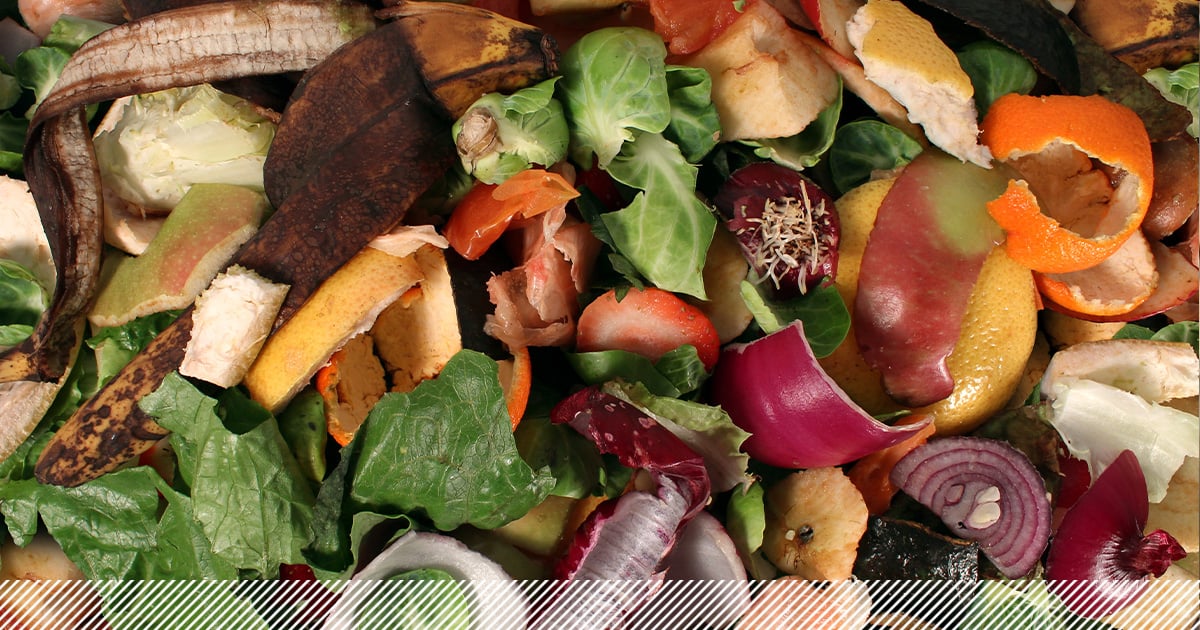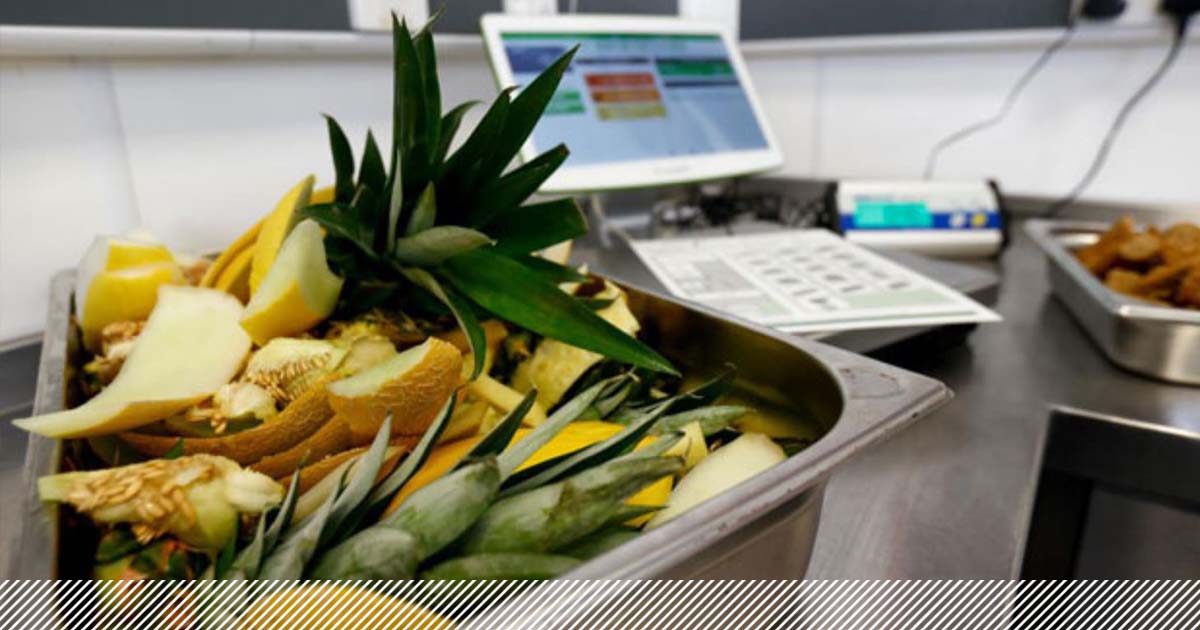Food Waste Intelligence

This post is part of a new series looking at ideas for repurposing commonly overproduced menu items. At Leanpath, we see a lot of potato waste across many of the foodservice organizations we work with. One of our largest customers recently recorded over 21,000kg of potato waste in one year. In many cases, food waste from low cost ingredients like potatoes and other starches or vegetables is considered low priority, but when labor and disposal fees are considered, there is a huge opportunity to cut costs and reduce environmental impact...
Read More >>Topics:
Food Waste Strategies
It’s a problem Leanpath has seen play out in foodservice kitchens for years. A kitchen decides to track and reduce food waste, but its frontline workers are unengaged because they fear they’ll be punished for acknowledging that food waste occurs. In a recent Leanpath webinar, Engage & Empower Culinary Teams to Prevent Food Waste, Executive Chef Robb White and Director of Business Development Tom Mansel, discussed how to address that problem directly, as well as other tips for engaging your teams. Watch the webinar excerpt above for re...
Read More >>Topics:
Food Waste Strategies
In late April the ReFED team released new estimates on U.S. food waste in its Insights Engine – a valuable tool to help all interested food system stakeholders learn more about the amount and causes of food waste in the U.S., its environmental impact, and the types and effectiveness of solutions to address it. Among many notable stats was the finding that by the time food gets to a foodservice kitchen’s back door, it already contains 80% of its greenhouse gas load. Further proof that food waste prevention—actually stopping food waste ...
Read More >>Topics:
Food Waste Strategies
The world is at an inflection point regarding climate change and the many sustainability challenges underlying theUN’s Sustainable Development Goals(SDGs), including food waste reduction. We’re at thehalfway point toward the 2030 due date for the SDGs, but we are not moving fast enough on many of them to make that deadline. Given the critical nexus aspect of food waste, it is especially important that the world get on track for halving global food waste by 2030 as called for by SDG Target 12.3.
Read More >>Topics:
Food Waste Strategies
Overproduction is the largest source of food waste in most kitchens. In the recent Leanpath webinar, Top Tips for Preventing Food Waste, our chefs Robb White and Ben Murphy offered advice on cutting food waste from overproduction and other common sources. Take a look at the excerpt from the webinar above to find out their tips for avoiding food waste from overproduction. And watch the full webinar here to learn even more insights. Keep reading for a summary.
Read More >>